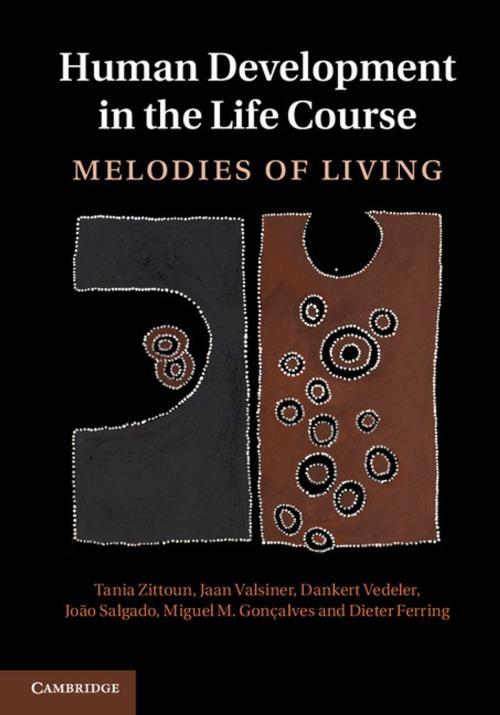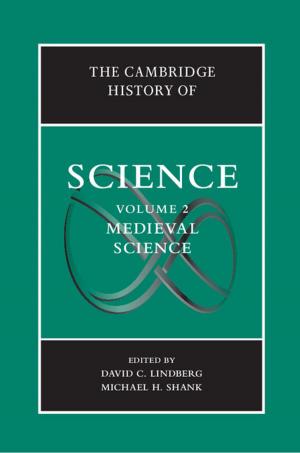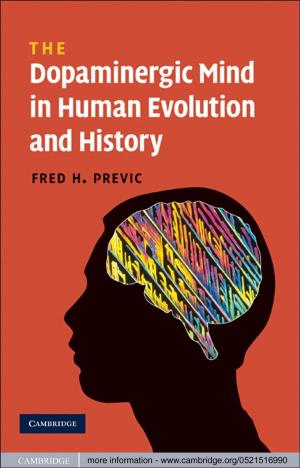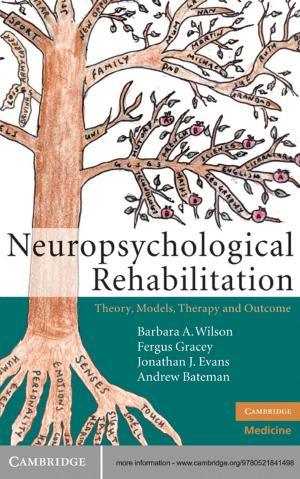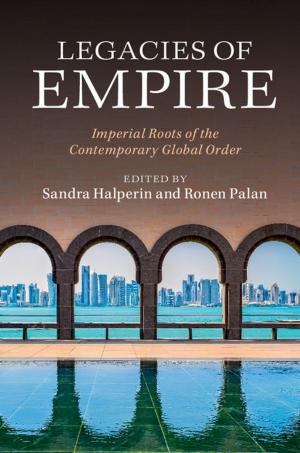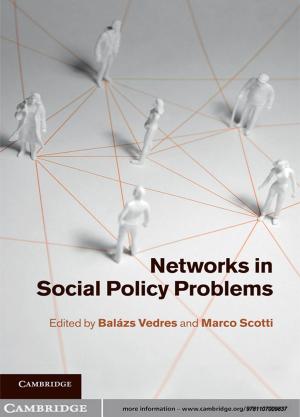Human Development in the Life Course
Melodies of Living
Nonfiction, Health & Well Being, Psychology, Developmental Psychology, Social & Cultural Studies, Social Science| Author: | Tania Zittoun, Jaan Valsiner, Dankert Vedeler, João Salgado, Miguel M. Gonçalves, Dieter Ferring | ISBN: | 9781107460324 |
| Publisher: | Cambridge University Press | Publication: | November 14, 2013 |
| Imprint: | Cambridge University Press | Language: | English |
| Author: | Tania Zittoun, Jaan Valsiner, Dankert Vedeler, João Salgado, Miguel M. Gonçalves, Dieter Ferring |
| ISBN: | 9781107460324 |
| Publisher: | Cambridge University Press |
| Publication: | November 14, 2013 |
| Imprint: | Cambridge University Press |
| Language: | English |
Drawing on philosophy, the history of psychology and the natural sciences, this book proposes a new theoretical foundation for the psychology of the life course. It features the study of unique individual life courses in their social and cultural environment, combining the perspectives of developmental and sociocultural psychology, psychotherapy, learning sciences and geronto-psychology. In particular, the book highlights semiotic processes, specific to human development, that allow us to draw upon past experiences, to choose among alternatives and to plan our futures. Imagination is an important outcome of semiotic processes and enables us to deal with daily constraints and transitions, and promotes the transformation of social representation and symbolic systems - giving each person a unique style, or 'melody', of living. The book concludes by questioning the methodology and epistemology of current life course studies.
Drawing on philosophy, the history of psychology and the natural sciences, this book proposes a new theoretical foundation for the psychology of the life course. It features the study of unique individual life courses in their social and cultural environment, combining the perspectives of developmental and sociocultural psychology, psychotherapy, learning sciences and geronto-psychology. In particular, the book highlights semiotic processes, specific to human development, that allow us to draw upon past experiences, to choose among alternatives and to plan our futures. Imagination is an important outcome of semiotic processes and enables us to deal with daily constraints and transitions, and promotes the transformation of social representation and symbolic systems - giving each person a unique style, or 'melody', of living. The book concludes by questioning the methodology and epistemology of current life course studies.
